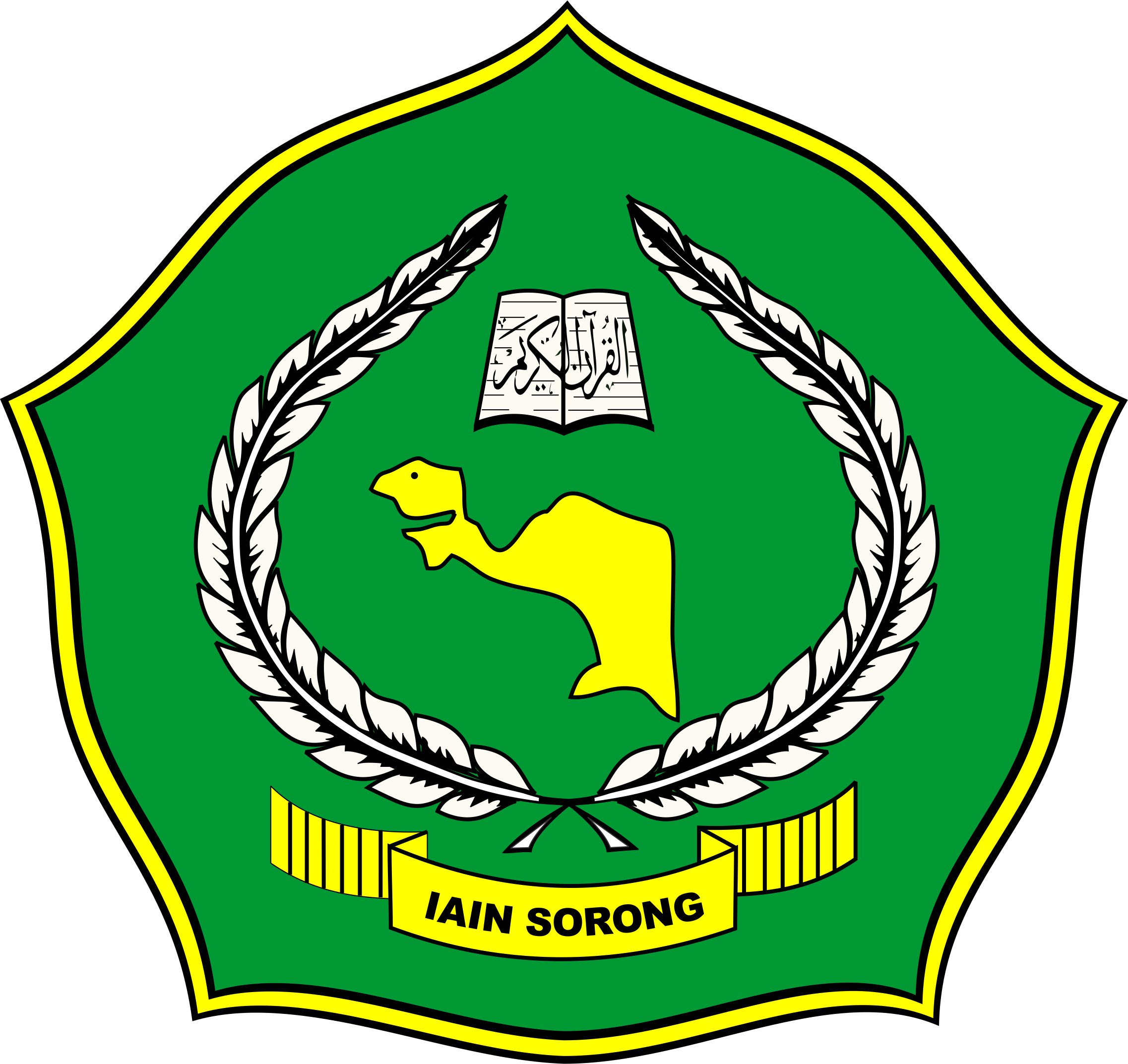Pengembangan Usaha Mikro Kecil Menengah (UMKM) Di Kelurahan Makbalim Melalui Seminar Sertifikasi Halal
DOI:
https://doi.org/10.47945/al-khidmah.v5i1.1906Keywords:
UMKM, halal sertificationAbstract
Halal certification is defined as the recognition of the halalness of a product issued by BPJPH based on a written fatwa issued by the Indonesian Ulema Council. Certification is carried out by conducting a series of examinations carried out by competent auditors in their fields to then determine its halal status. If the halal requirements are met, the producer can get a certificate for its product. This halal certificate is then used by the producer as a requirement to be able to include a halal label and halal registration number on the product packaging. This halal label is usually used by business actors in order to fulfill their obligations to provide information to consumers regarding the halalness of their products. This article discusses the Community Service Program of KKNT IAIN Sorong Students in Makbalim Village, Mayamuk District, Southwest Papua. By holding a halal certification seminar, the aim is to provide an understanding of the importance of Halal Certification and Halal Legalization in improving product quality and consumer trust and inviting MSME actors to develop their products through halal certification. The focus of this service is on making halal certification, the requirements for making halal certification, and making NIB. Data collection involves participant observation of MSME actors, interviews with MSME participants, MSME leaders and analysis related to the halal registration and certification process. The writing method in this service article is carried out using qualitative methods and descriptive approaches. From the results of direct field visits, we found that MSME actors in Makbalim Village before attending the halal certification seminar, many did not understand the importance of the halal certification process. Therefore, we conducted socialization to MSME actors in Makbalim Village regarding the importance of licensing or labeling on a product in order to develop in the future.
References
Ekawarti, Yuni, and Enda Kartika Sari. “Pelatihan Administrasi Dan Legalitas Usaha Untuk UMKM Kabupaten Dan Kota Se Provinsi Sumatera Selatan.” Jurnal Karya Abdi 5 (2021): 483–91.
Hamsiah, Kurniati Karim, and Adji Purnama. “Edukasi Online Marketing Untuk Meningkatkan Penjualan Hasil Olahan Produk UMKM Desa Mukai Mudik.” BERNAS: Jurnal Pengabdian Kepada Masyarakat 4, no. 2 (2023): 1189–94.
Oktaviani, Ni Nyoman Nia, and Putu Gede Arya Sumerta Yasa. “URGENSI LEGALITAS USAHA BAGI INDUSTRI KECIL DAN MENENGAH (IKM).” Jurnal Pendidikan Kewarganegaraan Undiksha 10, no. 2 (2022): 504–11.
Muniarty, Puji dkk. “PARTISIPASI MAHASISWA KULIAH KERJA NYATA TEMATIK WIRA DESA ( KKNT-WD ) DALAM KEGIATAN MASYARAKAT.” ABDIKARYA 3, no. 2 (2021): 185–93.
Selvia, Selvia, and Nurul Azizah. “Pelatihan Dan Pendampingan Legalitas Usaha Melalui Aplikasi Online Single Submission Sebagai Wujud Pemberdayaan UMKM Desa Bareng , Kabupaten Jombang.” Jurnal Pengabdian Masyarakat Sains Dan Teknologi 2, no. 3 (2023): 46–59.
Soimah, Nurus, and Dewi Qomariah Imelda. “Urgensi Legalitas Usaha Bagi UMKM.” Jurnal Benuanta 2, no. 1 (2023): 21–25.
Warto, and Samsuri. “Sertifikasi Halal Dan Implikasinya Bagi Bisnis Produk Halal Di Indonesia.” Journal of Islamic Economics and Banking 2 No 1 (2020): 98–112. https://doi.org/10.31000/almaal.v2i1.2803.
Suhandini, Yustina Tjahjaningsih dkk. “PENDAMPINGAN UMKM PEMASARAN SECARA OFFLINE DAN PEMASARAN SEECARA ONLINE PADA UD. ARTOMORO MEBEL.” BERNAS: Jurnal Pengabdian Kepada Masyarakat 3, no. 4 (2022): 1101–11. https://doi.org/10.31949/jb.v3i4.3262.






